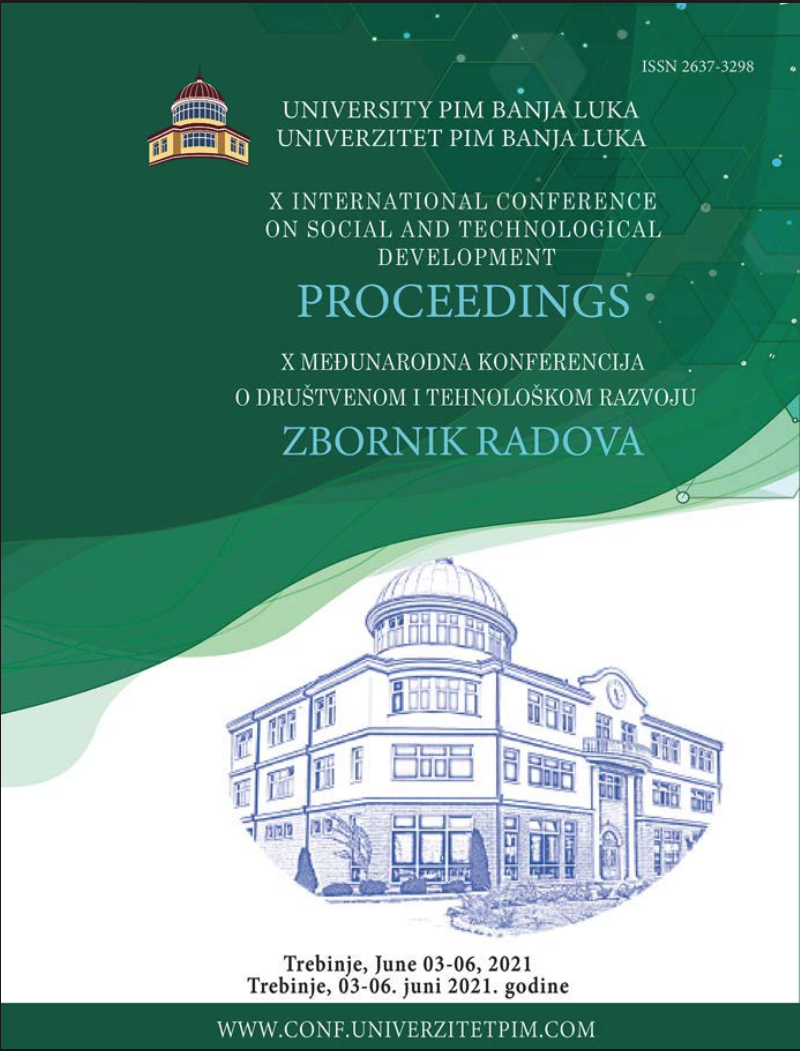
This is an open access article distributed under the Creative Commons Attribution License which permits unrestricted use, distribution, and reproduction in any medium, provided the original work is properly cited.
Department of Geography, Tourism and Hotel Management Faculty of Sciences, University of Novi Sad , Novi Sad , Serbia
Department of Geography, Tourism and Hotel Management Faculty of Sciences, University of Novi Sad , Novi Sad , Serbia
Department of Geography, Tourism and Hotel Management Faculty of Sciences, University of Novi Sad , Novi Sad , Serbia
Department of Geography, Tourism and Hotel Management Faculty of Sciences, University of Novi Sad , Novi Sad , Serbia
Quality of educational service in high schools attracts a lot of attention, yet there are not many sci-entific papers that talk about student satisfaction in high school education. Also, we do not know whether the quality of educational service affects students' choices regarding their future careers. What we do know is that a certain number of students upon finishing high school change their vo-cation, either because they grow up and find other interests or due to some other societal reasons. It is very difficult to find an appropriate tool to measure the quality of educational service. The reason for that is because the quality of educational service means different things for different students.This paper aims to discover to what extent are the students satisfied with the quality of education, and whether the students' grade point average affects how they perceive the quality of educational service. The aim is also to give some guidelines to the school management and teachers as to how to improve the quality of education in VSCTT in Banja Luka. If possible, students' satisfaction should be enhanced and their dissatisfaction should be minimised.
students, the quality of educational service, Vocational school for catering trade and tourism, satisfaction
The statements, opinions and data contained in the journal are solely those of the individual authors and contributors and not of the publisher and the editor(s). We stay neutral with regard to jurisdictional claims in published maps and institutional affiliations.